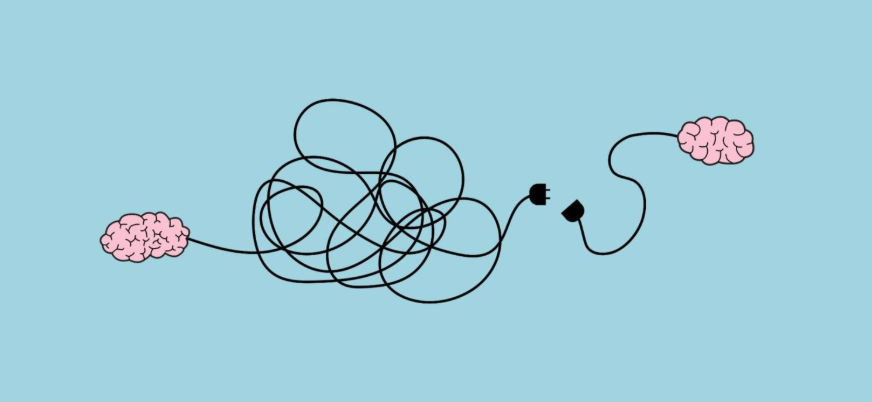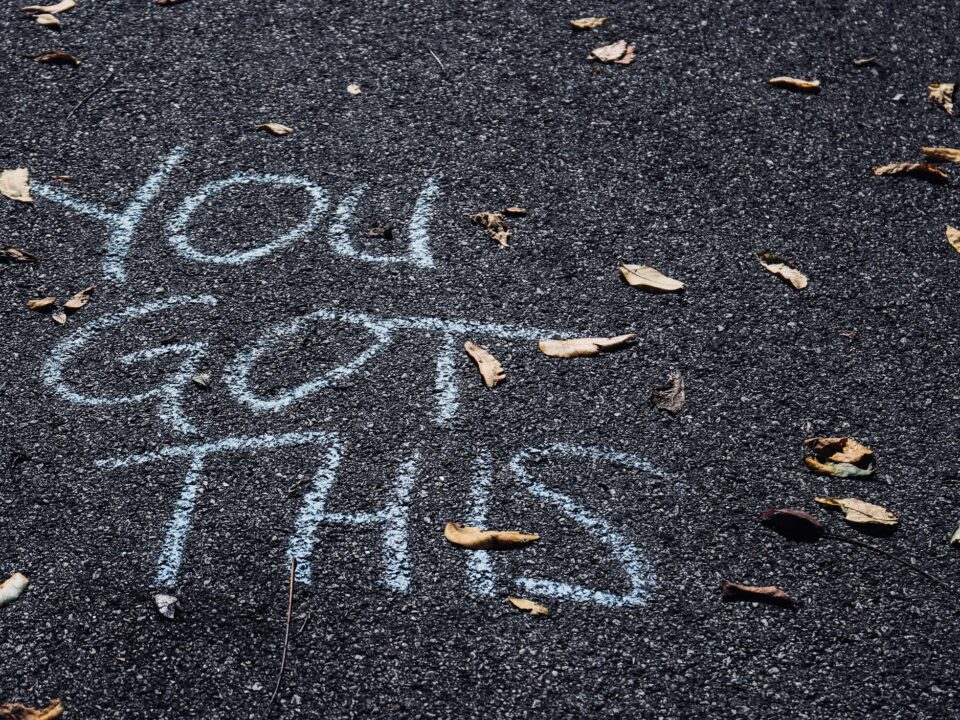
Coping with Grief and Loss
October 4, 2023
Chronic Invalidation
October 18, 2023One of the trickiest skills for kids to master is autonomy. In order to do so, they need to feel confident in their problem-solving and decision-making abilities. For parents, helping them navigate this milestone is also tricky. As their caretakers we want our kids to ask us for help and support, but we also know they need to be able to stand on their own two feet; we know we can’t always give them the answers. Here are a couple of ways you can help empower your child to problem solve effectively and to do so in a collaborative way.
Help Them Define the Conflict
Sometimes kids find it difficult to put their finger on what’s actually upsetting them and how they feel about it. Encourage your kids to express what’s wrong by helping them define their conflict. Is it an argument that’s frustrating them? Is it a power struggle over toys? Is it a bully making them feel small? Is it feeling like their siblings don’t help with chores? If they are having trouble defining their conflict in words, make use of stuffed toys or painting to help shed light on the situation.
The Scaling Question
The scaling question looks like this: On a scale of 1 – 10, 1 being no big deal and 10 being a very big deal, how is this conflict affecting you? Once they’ve answered, ask them what one thing they could to improve their scale response. They might not know at first, but stick with the question and give them time to work out possible actions they could take that would result in the conflict affecting them less sharply.
The Miracle Question
This is a bit quirky, and that’s why it can be effective. The Miracle Question allows for imagination, creativity, and thinking both in a way that is concrete but also playful. Ask your child to imagine waking up tomorrow morning and the conflict being completely gone. How would they know the conflict had disappeared? What would be different? How would they feel? What would have happened to make it possible that the conflict disappeared?
The Exception to the Problem Question
So often when there is conflict, kids start to see just the conflict and lose sight of interactions where the conflict does not take place (I suppose we do as adults sometimes, too, don’t we?). By asking kids to think of times when there wasn’t a conflict, or when there was an exception to the conflict, we shed light on how often the conflict really occurs. Ask them how it happened when there was no conflict? What did they did differently when there wasn’t conflict? Just as importantly, we can help our kids become aware of factors that are within their control and that help them have a more satisfying experience.
Looking to learn more? Check out:
- https://positivepsychology.com/miracle-question/
- https://systemika.g-i.cz/record/2135/files/Bednar,%20Dina.pdf
- Our page on Families & Couples Counselling or Children Counselling.
- Or Contact Us at 250-718-9291. Or email us at [email protected] for more information or to book an appointment.

Written by: Samantha O’Hara,
To book: Click Here!





